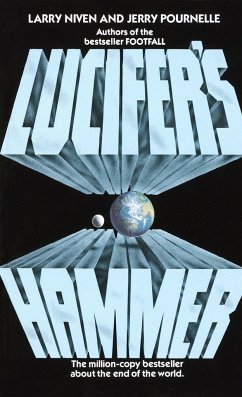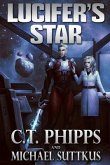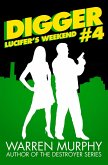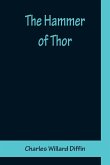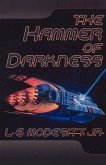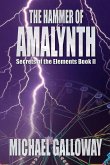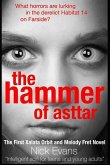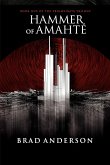"The first satisfying end-of-the-world novel in years . . . an ultimate one . . . massively entertaining."-Cleveland Plain-Dealer The gigantic comet had slammed into Earth, forging earthquakes a thousand times too powerful to measure on the Richter scale, tidal waves thousands of feet high. Cities were turned into oceans; oceans turned into steam. It was the beginning of a new Ice Age and the end of civilization. But for the terrified men and women chance had saved, it was also the dawn of a new struggle for survival-a struggle more dangerous and challenging than any they had ever known. . . . "Take your earthquakes, waterlogged condominiums, swarms of bugs, colliding airplanes and flaming what-nots, wrap them up and they wouldn't match one page of Lucifer's Hammer for sweaty-palmed suspense."-Chicago Daily News
Hinweis: Dieser Artikel kann nur an eine deutsche Lieferadresse ausgeliefert werden.
Hinweis: Dieser Artikel kann nur an eine deutsche Lieferadresse ausgeliefert werden.

